Staff
Get to know Alejandro
Director, Latin American Studies
envelope a.quin@utah.edu | phone 801-581-7561
Get to Know Alejandro
Alejandro Quin is Associate Professor of Spanish and Latin American studies. His research and teaching interests include modern and contemporary Latin American literature and culture, Spanish-American fiction and intellectual history, environmental studies, and the relations between politics, the state, and the field of cultural production from national and transnational perspectives, particularly in the South American context.
Education
Ph.D. Romance Languages and Literatures, University of Michigan
M.A. Spanish, University of Florida
B.A. Philosophy, Universidad Nacional de Colombia
Research, Publications, and Interests
- “Rubber.” Latin American Literature in Transition 1870-1930. Eds. Fernando Degiovanni and Javier Uriarte. Cambridge University Press, 2022.
- “Photography, Inoperative Ethnography, Naturalism: On Sharon Lockhart’s Amazon Project.” Intimate Frontiers. A Literary Geography of the Amazon. Eds. Javier Uriarte and Felipe Martínez-Pinzón. Liverpool University Press, 2019: 227-247.
- “Guerra, biopolítica e inadaptación: los yerbales paraguayos de Rafael Barrett.” Latin American Literary Review. Vol 46. 92. (2019): 13-21.
- “García Márquez, lector de Walter Benjamin. Apuntes sobre la destrucción de Macondo.” Hispanic Research Journal. Vol 20. 3. (2019): 257-271.
- Authoritarianism, Cultural History, and Political Resistance in Latin America. Exposing Paraguay. Eds. Federico Pous, A. Quin, and M. Viera. Palgrave Macmillan, 2018
- “Poetry and Revisionism: Notes on Authority and Restoration in Postwar Paraguay.” Authoritarianism, Cultural History, and Political Resistance in Latin America. Exposing Paraguay. Eds. Federico Pous, Alejandro Quin, Marcelino Viera. Palgrave Macmillan, 2018: 39-56.
- “Trazos de agrimensura: soberanía, límites y rebelión en José Eustasio Rivera.” Revista Canadiense de Estudios Hispánicos. 42.1 (2017): 123-144.
- “Beyond theDuality of the World: Guerrilla Experience and Political Ecology (Apropos Omar Cabezas’La montaña es algo más que una inmensa estepa verde).” Romance Notes. 57.1 (2017): 37-47.
- “Escritura sobre ruinas: Augusto Roa Bastos, la trilogía paraguaya y el acontecimiento en Hijo de hombre.” A Contracorriente. A Journal on Social History and Literature in Latin America. Vol 14. 1. (2016): 226-249.
- “Negación sin oposición: el dandi como soberano en De sobremesa.” Insomne pasado: lecturas críticas de Latinoamérica colonial. Eds. Karina Vázquez, Claudia García, and Grazyna Walczak. F&G Editores, 2016: 155-189.
- “Medina Reyes: impostura, sujeción, riesgo.” La invención del autor. Nuevas aproximaciones al estudio sociológico y discursivo de la figura autorial. Ed. Juan Zapata. Medellín: Editorial Universidad de Antioquia, 2014: 256-268.
- Spanish and English, fluent
- Portuguese, intermediate-advanced
- French, reading knowledge
Elena Shtromberg
Director of Graduate Studies
envelope e.shtromberg@utah.edu | phone 801-585-5693
Get to Know Elena
Elena Shtromberg is Professor of art history at the University of Utah. She specializes in modern and contemporary Latin American visual culture. Her 2016 book, Art Systems: Brazil and the 1970s (Univ of Texas Press) explores visual forms of critique and subversion during the height of Brazilian dictatorship. She has curated a number of exhibitions, among them a co-curated survey entitled “Video Art in Latin America” which opened as part of the Getty Foundation’s initiative PST: LA/LA in 2017. Her co-edited volume, Encounters in Video Art in Latin America was published in 2023 with Getty Publications. During the Fall of 2023 she was a scholar in residence at the Clark Art Institute where was working on her current book project, The Politics of Memory. She is also co-curating the exhibition Transgresoras: Mail Art and Messages, 1960s-2020s, focusing on an intergenerational group of Latin American and Latinx women artists working with mail art, opening in September 2025 at the California Museum of Photography at UC Riverside.
Education
Research, Publications, and Interests
Bryce Garner
Associate Director, Administration
envelope bryce.garner@utah.edu | phone 801-581-6702
Get to Know Bryce
Bryce graduated from the University of Utah with degrees in History and Asian Studies. After graduation, he worked in Japan for five years on the Japanese Exchange and Teaching Program. He has traveled extensively in Central America, East Asia, and Southeast Asia. He has language abilities in Vietnamese, Japanese, and Chinese. He has worked for the Center for Latin American Studies and the Asia Center since 2010.
Japanese, Vietnamese, and Chinese.
Learning a foreign language not only gives you the opportunity to communicate with people from other countries--whether you are traveling abroad or here in the US, it also gives you a deeper understanding of people and cultures that are different from your own, broadening and enriching your interaction with the world around you.
My first international experience was living in Cambodia for two years where I learned to speak Vietnamese. When I returned to college, I started studying Chinese and after two years of study I participated in a learning abroad program at Nankai University in Tianjin, China where I completed my third year of Chinese. After graduating from college, I lived and worked in Japan for five years on the JET program and learned Japanese while I lived there. Interspersed with these longer periods I traveled extensively in Central America, East Asia, and Southeast Asia.
Each of my international experiences have given me a different lens to view the world from. They have helped my career and have provided opportunities to interact with people from all over the world. Through my international experiences, I have struck up lifelong friendships that have enriched my life and made me a better person.
Education
Bachelor of Arts, Asian Studies, University of Utah
Bachelor of Arts, History, University of Utah
Kari Moore
Associate Director, Administration
envelope kari.moore@utah.edu
Get to Know Kari
Spanish, and French but I don't remember any of it.
Language ability has been invaluable for me in my career thus far. I spent 3 years after graduation working for a nonprofit that served low-income families including a program for migrant farmworkers and would not have been able to effectively create relationships of trust and serve these families without being able to speak the language. Past my job being able to create relationships with people of different walks of life has opened my mind and heart to new perspectives that I wouldn't have gained otherwise. I also think that language gives you a new perspective on the world and on your own native language. There are a lot of words in English now that I have a better understanding of because they're used more frequently in Spanish and I have that context to use now in my native language. The beauty of learning a language is also that you're able to understand other languages to a degree that are a part of the same language family and it becomes easier to learn new languages.
I have traveled for leisure purposes to Italy, Mexico, and Peru. The bulk of my international experience took place while living in Peru as a missionary for The Church of Jesus Christ of Latter Day Saints in Lima. This was an incredible experience that opened my eyes to other cultures, beliefs, and ended up shaping my decision to eventually change my major from music to Latin American Studies with a focus on nonprofit management.
I took several years of Spanish in highschool but could hardly speak the language and it was this immersive experience and the kindness of the people in Lima that finally allowed me to learn Spanish and fall absolutely in love with it and the people there.
Luciano Marzulli
K-16 Outreach Coordinator
envelope l.marzulli@utah.edu
Get to Know Luciano
Lu is a proud alum of the University of Utah and has worked in higher education since 2006. Professionally, Lu’s focus has been on advocacy and support for first generation college students and students of color. Through his outreach role in International and Area Studies, he looks forward to developing and maintaining community partnerships to continue this work. Lu enjoys street food, fiction books, comedy films and being outdoors. He is fluent in English and Spanish.
Lu es graduado de la Universidad de Utah y ha trabajado en instituciones/servicios post-secundarios desde 2006. Profesionalmente su enfoque ha sido en ayudar y apoyar estudiantes que son minorias o que son estudiantes de primera generación (los primeros en sus familias de asistir a la Universidad). A través de su papel dentro del departamento de estudios internacionales el esta entusiasmado de crear y mantener colaboraciones comunitarias para seguir apoyando estudiantes. Lu disfruta la comida de la calle, leer obras de ficcion, ver peliculas de comedia y pasar el tiempo afuera. Lu habla Inglés y Español.
Spanish, Italian, French, and Nahuatl.
I love being multi lingual. I feel like language ability has opened up worlds of understanding that didn't exist for me before. Half of my language learning has happened in adulthood and I wish I would have taken on more languages at a younger age when my brain was more adept to absorb them.
My international experience is travel based. I've made several trips to Mexico, in particular, Mexico City, Baja California, Oaxaca, and Merida. I've also visited Paris several times. All of my extended family lives abroad in Guatemala and Italy and I've also visited and traveled in those countries.
I'm grateful for the experiences I've had traveling abroad because it's a learning experience every time.
Blanca Yagüe
CLAC Coordinator
envelope clac@utah.edu | phone 801-581-6251
Get to Know Blanca
Originally from Spain, Blanca studied Environmental Science between Salamanca and Granada. Since 2009 has been living and researching in the Colombian Amazon, where she got her MSc in Amazonian Studies with an anthropological focus. Blanca is currently enrolled in the Anthropology Ph.D. program at the U, and continue to work in the Amazon around food issues. She teaches CLAC courses in Spanish in Anthropology and Environmental Studies. She is part of the SPARC Environmental Justice Lab at the University of Utah and is involved with the Native Voices Initiative at the NHMU. She enjoys trying new foods, especially if there are insects involved. She also likes swimming in cold waters, reading, quiet places and siestas.
Languages: Spanish (mother langue), English, Portuguese, French.
Education
M.S., Amazonian Studies, Universidad Nacional de Colombia Sede Amazonia.
Project: "Haciendo comestible la ciudad: los indígenas urbanos de Leticia y sus redes
desde la Soberanía Alimentaria"
B.S., Environmental Sciences, Universidad de Granada.
Project: “Food Sovereignty Through Urban Agriculture in Leticia, Colombian Amazon”
Amanda Jarvis
Undergraduate Advisor
envelope amanda.jarvis@utah.edu
Education
M.A. in Middle East Studies (Emphasis: Persian),
University of Texas at Austin
H.B.A. in Middle East Studies (Emphasis: Persian),
University of Utah
Get to Know Amanda
Amanda Jarvis is from Utah and graduated from the University of Utah with a H.B.A. in Middle East Studies and a focus on Persian in 2015. She then attended the University of Texas at Austin and researched the role of leftist discourse Iranian-Venezuelan relations. She graduated with her M.A. in Middle East Studies from there in 2018. Since then, she has been working in different advising positions at Utah Valley University and now at the University of Utah.Canada, Mexico, and The Bahamas
Persian and Spanish
Armenian and/or Georgian
Learning another language helps you to become a better citizen of the world as well as your local communities. You’ll learn to see the world differently and understand more diverse groups. Learning another language also requires dedication and commitment which will help you in what ever fields you explore. Once you practice strategies for learning a language, you’ll likely see that quite a few subjects no longer seem so daunting. And of course, you’ll learn to laugh at yourself and realize you will make mistakes, but to keep going on.
I took a course about women in Iranian political history. It really changed the way I looked at how we write history, the sources we use, and the voices we center. I do not think any course prepared me quite as much for studying history at a graduate level.
Cindy Diaz Rey
Undergraduate Advisor
envelope cindy.diazrey@utah.edu
Get to Know Cindy
Cindy graduated from the University of Utah with a B.A. in Political Science, Latin American Studies, Art History, and a minor in Anthropology. During her undergraduate studies she researched environmental justice on rural and tribal communities and the politics of Indigenous identities. She is from Colombia and is very passionate about Indigenous history, art, and education.
More info soon.

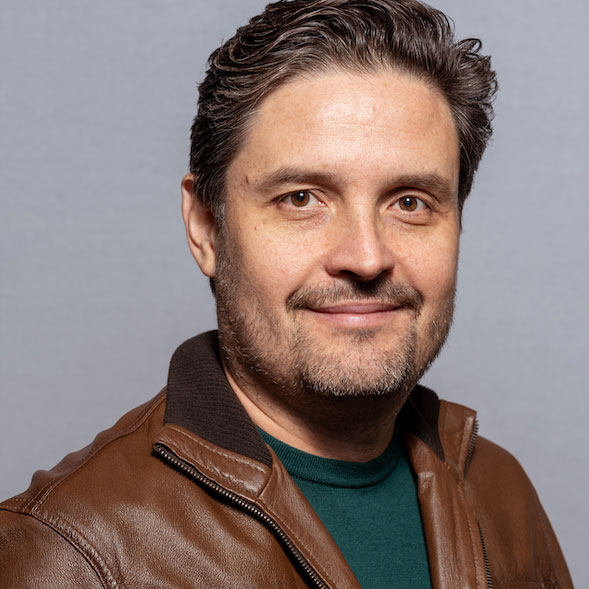

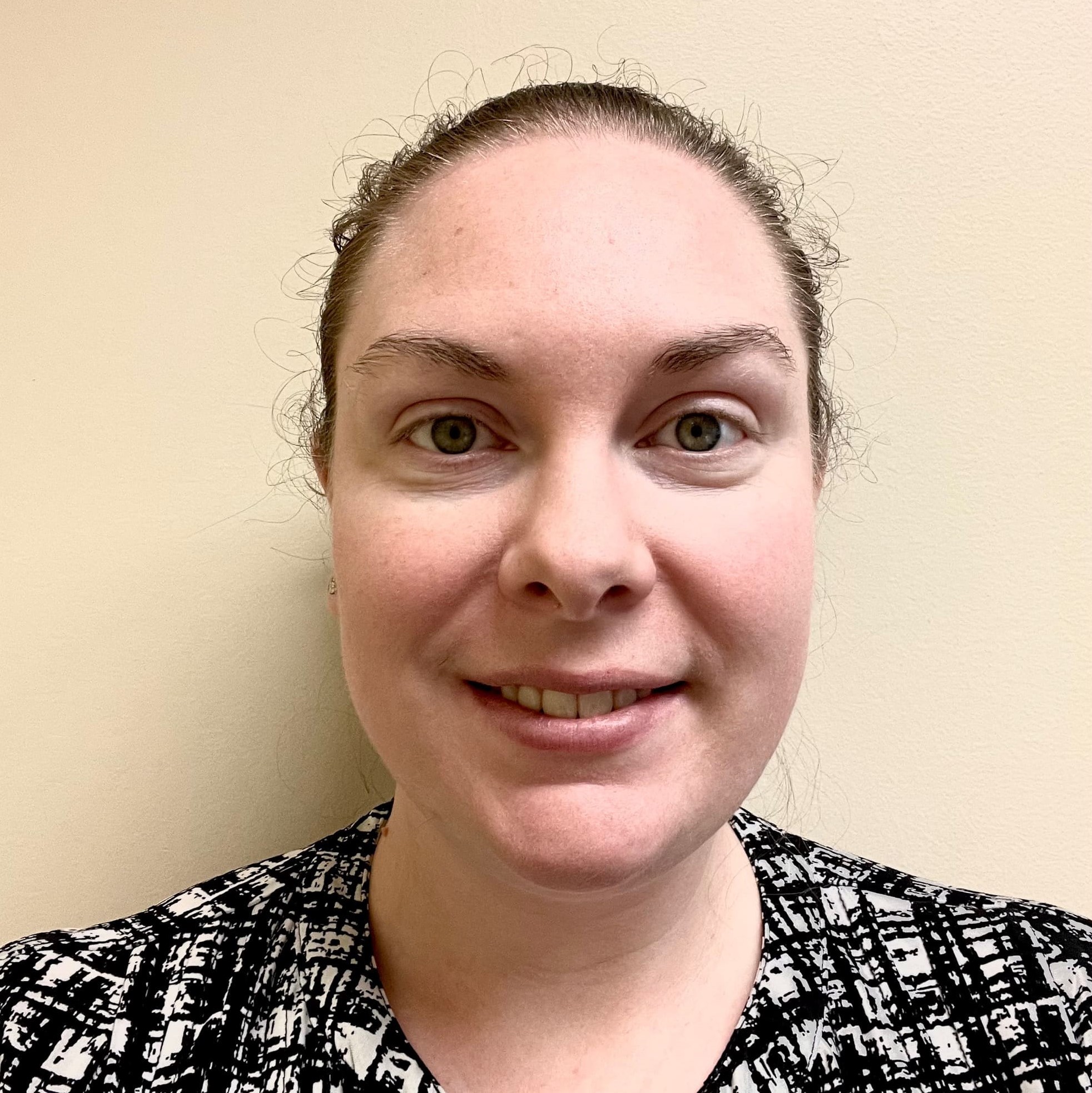
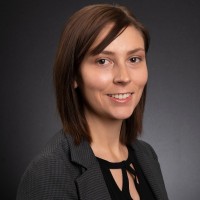
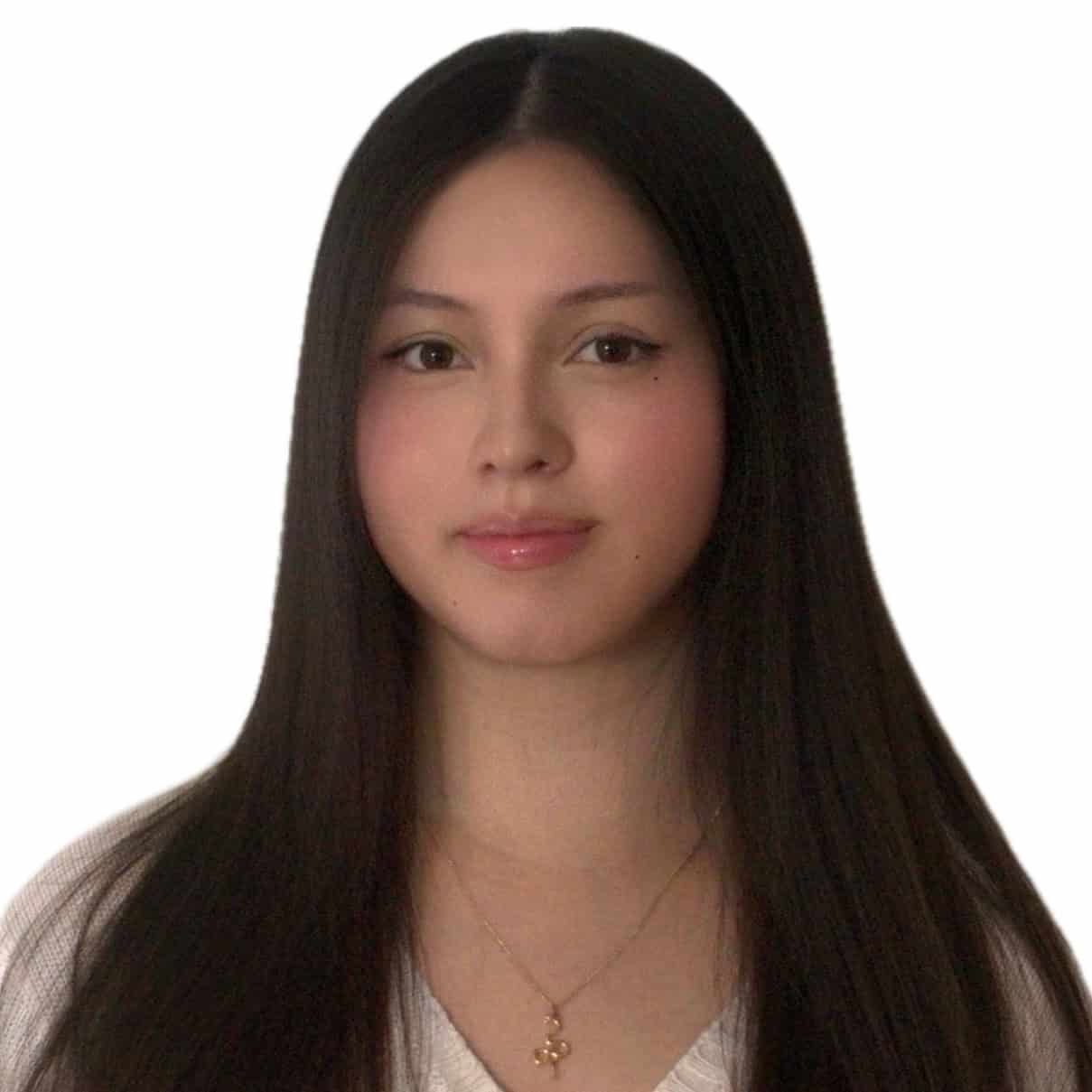 Cindy Diaz Rey
Cindy Diaz Rey
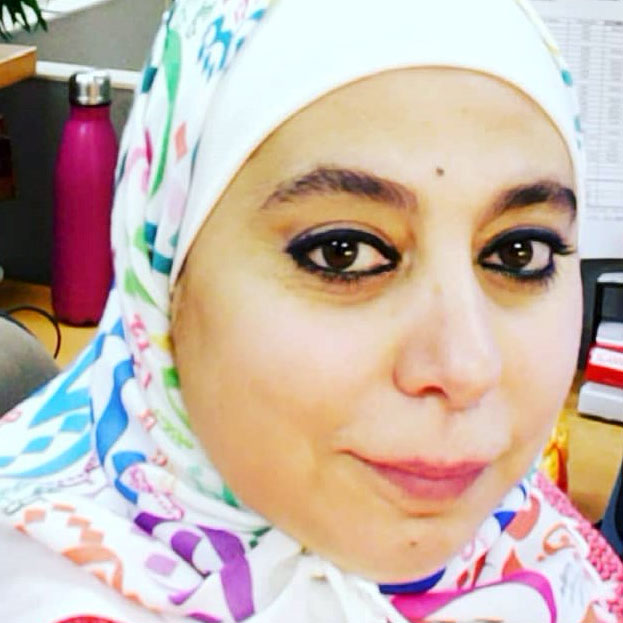
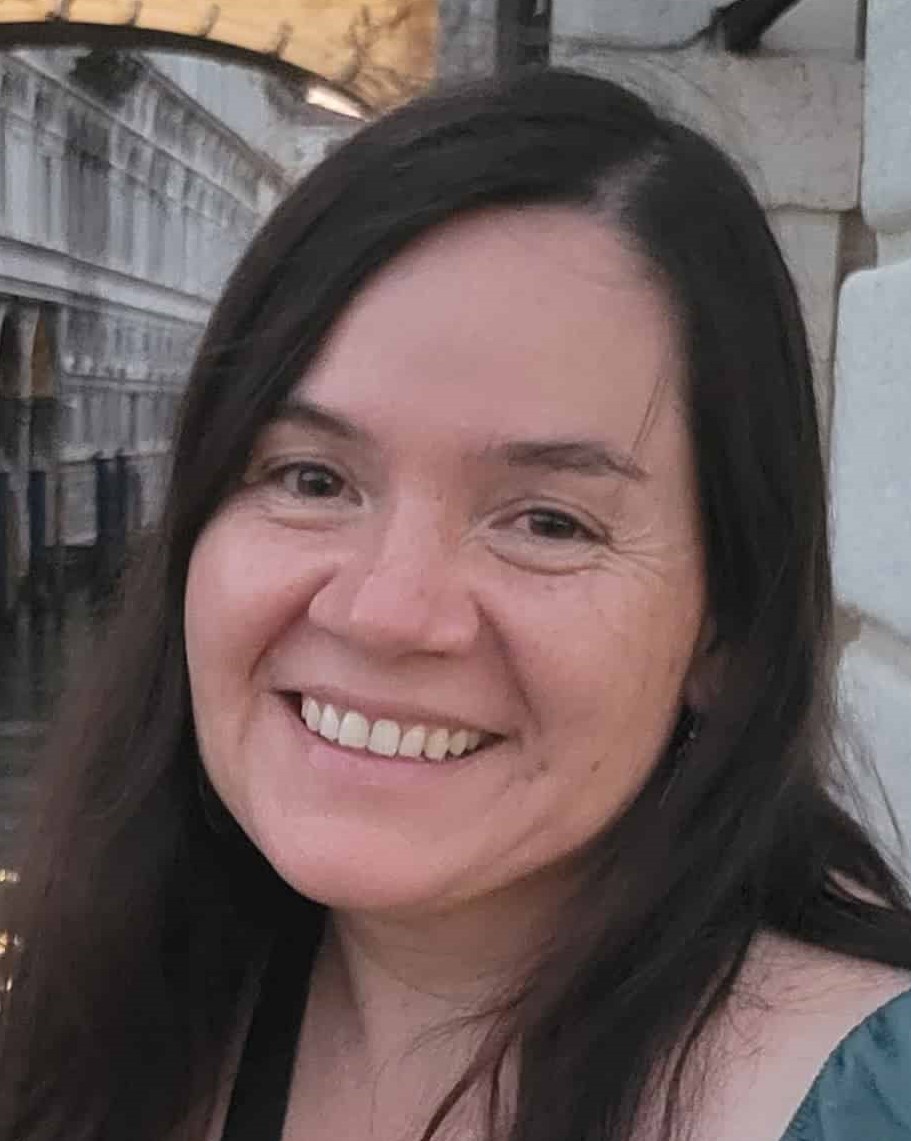 Sussy I. Alvarez Merino
Sussy I. Alvarez Merino